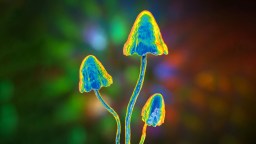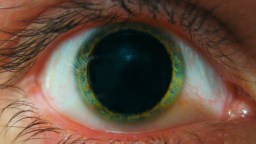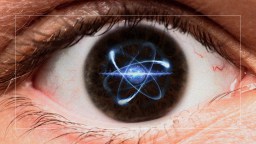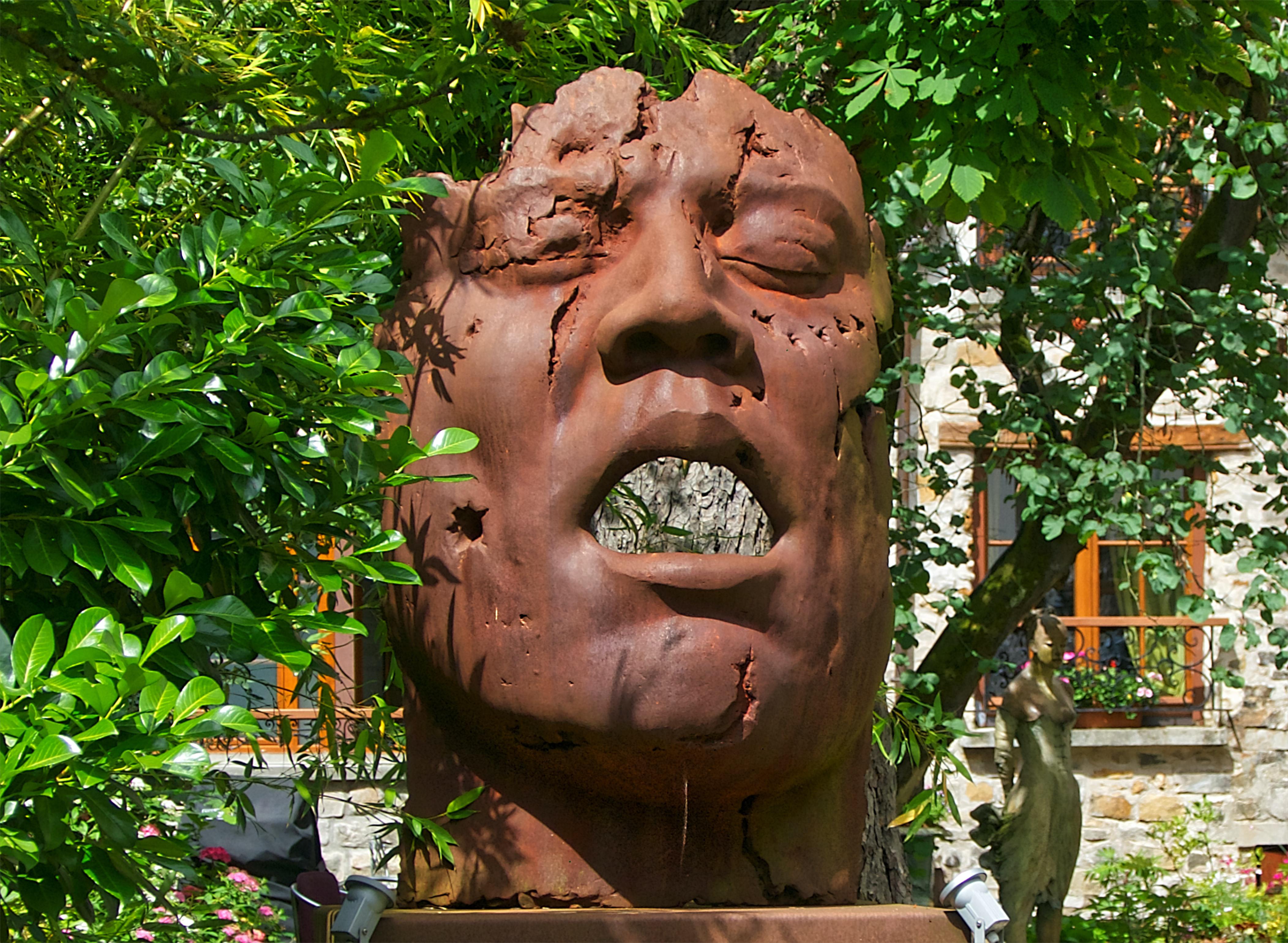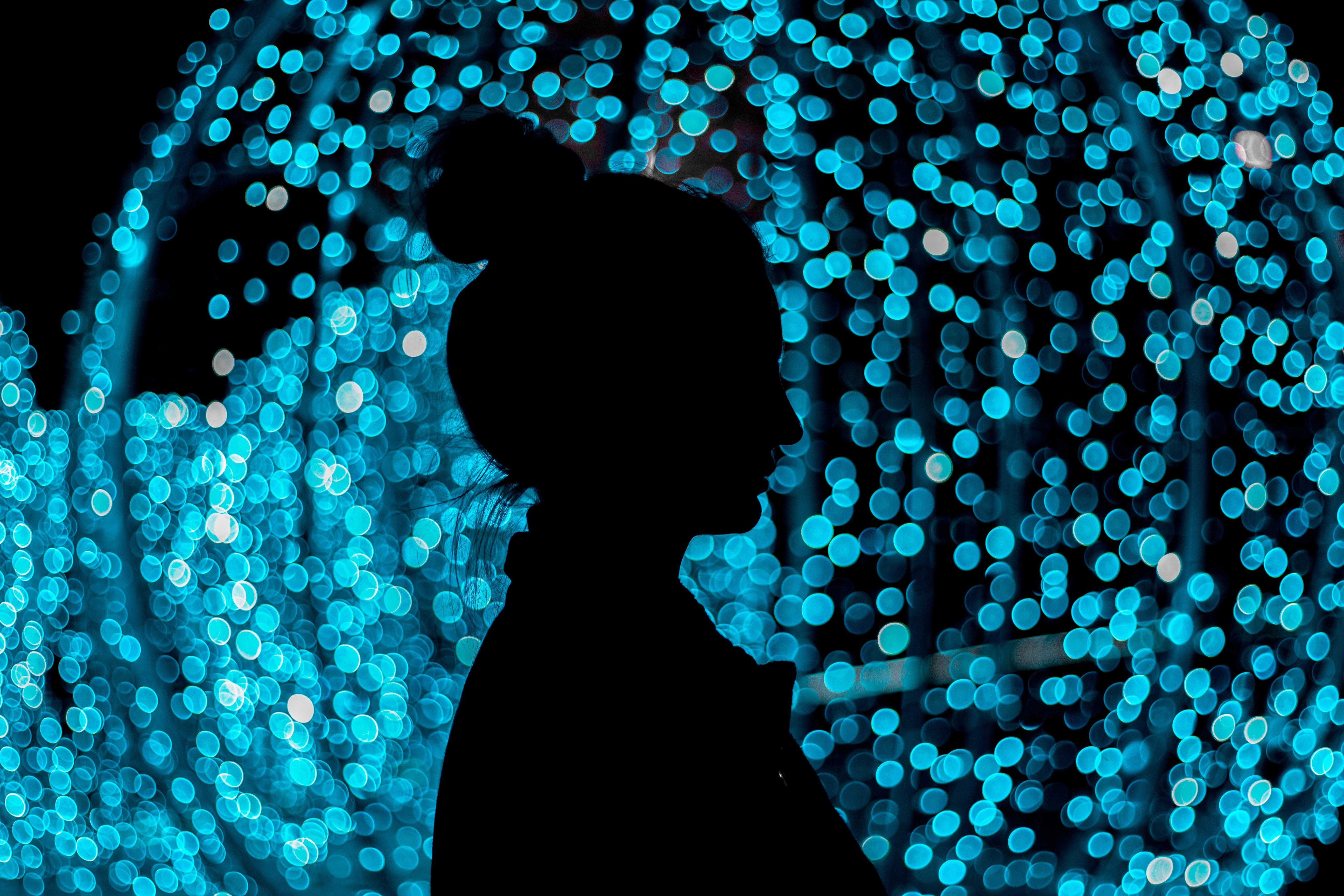It seems safe to say that you have subjective experiences of what it’s like to exist. But things get complicated when you try to prove that phenomenal experiences, or qualia, extend to every human being that you see around you.
And things get even more complicated when you try to scientifically explain how the physical matter in your brain gives rise to consciousness, and why such experiences exist in the first place. This is known as the hard problem of consciousness. It has yet to be solved.
Could the mind-altering power of psychedelics offer a solution to this longstanding problem? Dr. Matthew W. Johnson is leaving open the possibility. As a professor of psychiatry and behavioral sciences at Johns Hopkins, Dr. Johnson is one of the world’s most published scientists on the effects of psychedelics on the human brain.
In this Big Think interview, Dr. Johnson explains why we should be both open and careful about the prospect of psychedelics helping us crack the hard problem of consciousness, which remains one of the world’s most puzzling questions.
MATTHEW JOHNSON: Solving the hard problem of consciousness is right up there with explaining reality. "Consciousness" is a pretty sloppy term, it means many things. Sometimes we mean 'self-identity,' having a self concept. And there's other things called consciousness, 'access consciousness.' You weren't thinking about your grandmother two seconds ago but now you are, 'cause I used the word grandmother that's come from somewhere in your brain, there was a memory there, it wasn't in your awareness at the moment, but now it is. But, the most impressive use of the term is what we refer to as 'phenomenal consciousness.' And this relates to the so-called "hard problem of consciousness."
The hard problem of consciousness refers to this seemingly unsolvable problem of how and why is anybody aware? Why is there an experience there? And, the only evidence that we have for phenomenal consciousness, the idea that there is some experience being had is that, I feel that I'm having this experience, I feel that I'm conscious. And because other creatures walking around that look like me, other human beings, it's a presumption-probably a pretty good one- that they're having a similar experience. But there's really no evidence, like, how would I prove that you are conscious? That seems outside of the bounds of empirical science. What experiment could you ever do to prove that there is an experience to be like somebody else? And that's what the hard problem is.
Most of the work that's been done with psychedelics in terms of the brain mechanisms, has not addressed any of these questions of consciousness. But, a lot of people who take psychedelics feel that they have profound realizations about the nature of consciousness. Now often, those realizations differ from each other. People will say different things, and sometimes the same person with different psychedelic experiences will have different conclusions. But it seems pretty routine for people to kind of grapple with those big questions, like, 'What is the nature of consciousness?' And, that's why I think it's really important that we separate, you know, "Hey, a bunch of people say, based on their experiences, that they believe psychedelics opens some window into consciousness or give them sort of insights into the nature of consciousness." But that doesn't constitute scientific evidence that what they're saying is actually true. So it's kind of a weak argument; it makes it intriguing to see if we can go further.
But like with any scientific question, we shouldn't hold our breaths for the answers. And a lot is made out of psychedelics and their ability to inform the nature of consciousness. And so, this would be the ultimate kind of task. And I think when we automatically make that leap of, "Well, psychedelics seem so fundamentally important to consciousness that if we figure out how psychedelics are working that's telling us something fundamental about how consciousness is working." We're on a slippery slope there, we can start to fool ourselves. So we really have to have more precision in our language, and drill down more rigorously on these questions of consciousness. If psychedelics could help us to crack the hard problem of consciousness, I mean, that's perhaps the biggest question out there. I mean, it's up there with like, where did the universe come from? What is the nature of reality? And so, if I could think of an experiment I could do with psychedelics to address that question, I would've already done that experiment. And, you know, right now I don't think anyone can, but I think we should remain open to the possibility that psychedelics could be used to address the hard problem. But yeah, we need to think about it because that really seems like a difficult problem to crack.



